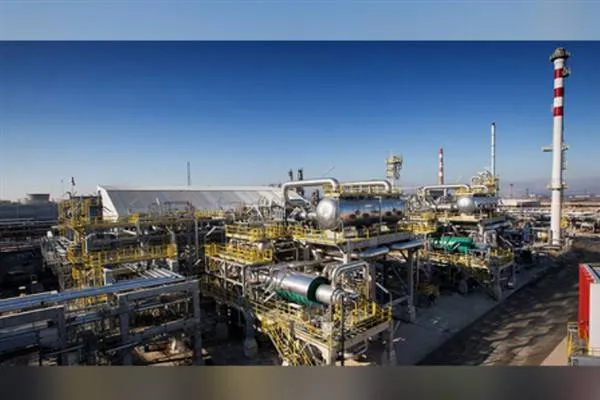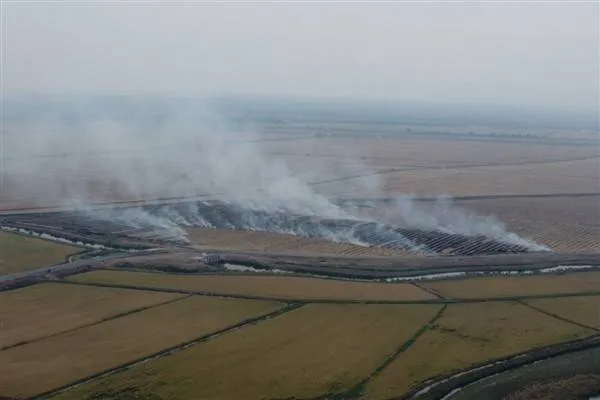U.S. sanctions on Lukoil raise concerns in Bulgaria
Sofia, October 23 (Hibya) – The U.S. decision to impose sanctions on Russian oil companies, including Lukoil and Rosneft, has raised concerns in Bulgaria.
WCC-DB Co-chair and MP Ivaylo Mirchev described Lukoil’s Burgas refinery as part of Bulgaria’s strategic infrastructure and warned that sudden sanctions could destabilize fuel supplies.
According to Mirchev, it is crucial for the state to act quickly to transfer the refinery to a legitimate Western foreign investor rather than allowing Russian influence or local oligarchic control.
Former Economy Minister Lidia Shuleva noted that the sanctions could block the delivery of Russian crude oil to the Burgas refinery, forcing Bulgaria to urgently seek alternative suppliers from the EU, the Middle East, or other unaffected regions.
Economist Petar Ganev said the sanctions could reignite debates about the refinery’s long-term future, including increased state intervention or finding a new investor to ensure market stability.
Bulgarian Prime Minister Rossen Zhelyazkov answered questions regarding the potential impact of the U.S. sanctions on the Lukoil Neftohim Burgas refinery, the country’s only oil processing plant, which is majority-owned by a Russian oil company.
The Prime Minister stated that Bulgaria must assess the refinery’s condition, possibly appoint temporary management, and explore all legal options under national law to ensure continued operations without violating the sanctions regime.
Europe Asia News















